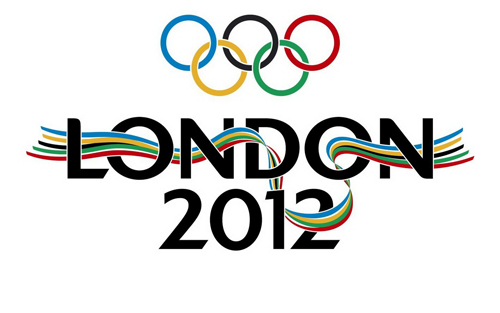5 Ways Technology Has Changed The Olympic Games
August 29, 2012 by Richard Turley
The 2012 Olympic Games will likely be remembered for many reasons. It’s the Olympics of Michael Phelps, for one thing. It’s the Olympics in which U.S. women seem to be stealing the spotlight more than ever before. Furthermore, it’s the Olympics of technology. The Games have always been meant to showcase the highest achievements in human athleticism; now, they also help to highlight the spirit of human ingenuity and technological innovation.
Control-Z’s IT solutions team highlights five ways in which technology has changed the way the games are played—and also how they are watched.
- Motion capturing. Athletes have long looked to videotapes of past competitions to help evaluate their performance, and look for areas of improvement. As film technology has advanced, so has its ability to help players fine-tune their athleticism. These days, motion capture technology helps track and field athletes to render their past performances in incredible 3-D—allowing for unprecedented precision as they analyze their form and see how they can make minor—yet critical—adjustments.
- Robotics. It may sound like something out of a sci-fi movie, but it’s nevertheless a reality. Athletes in the 2012 Olympics are turning to robotics to simulate ruthlessly efficient opponents—a great way for them to hone their sport and prepare for the toughest competition. In particular, table tennis players practice against “robo-pong” opponents. These robots are mechanized to deliver astonishing precision.
- Medical chambers. As athletes look for new ways to acclimate their bodies to extreme conditions, hpyerbaric and cyrogenic chambers are both utilized with greater and greater frequency. Highly pressurized chambers allow athletes to prepare for high altitudes, or feelings of breathlessness; a cryogenic chamber, meanwhile, helps simulate extreme cold. These simulations provide unparalleled levels of athletic conditioning, so it is little wonder that both have been used throughout London this year.
- Aerodynamics. The uniforms worn by many athletes—including many American athletes—are designed by top engineers to offer new levels of sleek, speedy performance. Nike has developed track and field uniforms that have little indentions meant to simulate the texture of golf balls, maximizing speed and efficiency. This is to say nothing of Nike’s super-lightweight footwear.
- Social media. Athletes are not the only ones who are benefiting from technological advances. Spectators derive immense benefits from the advent of social media. A great example: Many London viewers, under the impression that every seat in the Olympic Stadium was sold out, noticed a surplus of empty seats on their TV screens. They took to Twitter in protest—and it wasn’t long before London released these vacant seats to students and military personnel.
Technological solutions, like those delivered by Control-Z, are not just for businesses. They are also immensely beneficial to athletes, and even to spectators. The technology on display at the 2012 Olympics stands as a true monument to the relentlessness of human innovation—both on the field and in the lab.



